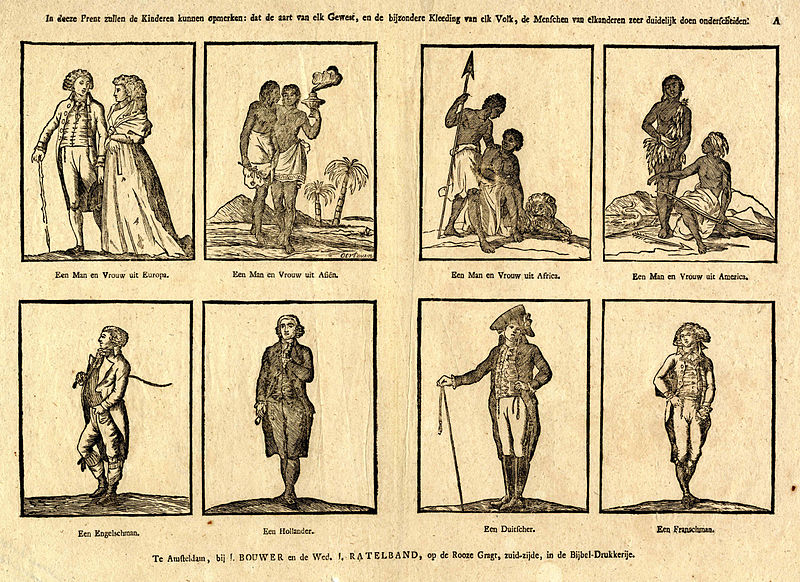I was writing the method chapter that deals with indigenous methodologies and critical ethnography. This is an inspiring segment from Grounded Theory in Ethnography that lit up my day. I have been struggling what and how to ask questions during my field work for the past years. This segment is like a torch in a dark tunnel that gives me some sense of direction. For those of you who are not so familiar with ethnography and/or grounded theory, here is a post Difference Between Grounded Theory and Ethnography that might be helpful.

It is a chapter in Handbook of Ethnography, the chapter is written by KATHY CHARMAZ & RICHARD G. MITCHELL. The book was edited by: Paul Atkinson, Amanda Coffey, Sara Delamont, John Lofland & Lyn Lowland and published in 2001. DOI: http://dx.doi.org.libproxy.helsinki.fi/10.4135/9781848608337.n11
Here it goes:
A competent ethnographic study demands time and commitment. Grounded theory can help trim excess work but the core tasks still need to be done. Gathering rich ethnographic data means starting by [Page 163]answering basic questions about the studied phenomena:
- What is the setting of action? When and how does action take place?
- What is going on? What is the overall activity being studied, the relatively long-term behavior about which participants organize themselves? What specific acts comprise this activity?
- What is the distribution of participants over space and time in these locales?
- How are actors organized? What organizations effect, oversee, regulate or promote this activity?
- How are members stratified? Who is ostensibly in charge? Does being in charge vary by activity? How is membership achieved and maintained?
- What do actors pay attention to? What is important, preoccupying, critical?
- What do they pointedly ignore that other persons might pay attention to?
- What symbols do actors invoke to understand their worlds, the participants and processes within them, and the objects and events they encounter? What names do they attach to objects, events, persons, roles, settings, equipment?
- What practices, skills, stratagems, methods of operation do actors employ?
- Which theories, motives, excuses, justifications or other explanations do actors use in accounting for their participation? How do they explain to each other, not to outside investigators, what they do and why they do it?
- What goals do actors seek? When, from their perspective, is an act well or poorly done? How do they judge action – by what standards, developed and applied by whom?
- What rewards do various actors gain from their participation? (Mitchell, 1991)
From these questions, an ethnographer learns about context and content, meaning and action, structures and actors. Grounded theory can aid ethnographers in getting into these areas; it should not be used as reason to side-step them. Our basic rule: find data, answer the foundational questions, then develop theory. This approach also remedies weaknesses in grounded theory studies, especially those that rely on single accounts given to field interviewers. What people say may differ from what they do. How they explain their actions to each other may not resemble their statements to an interviewer. Moreover, participants’ most important explanations may consist of tacit understandings. If so, then participants seldom articulate them out loud, even among themselves, let alone to non-members.
Image Courtesy: 18th century Ethnography By J. Ratelband & J. Bouwer [Public domain], via Wikimedia Commons